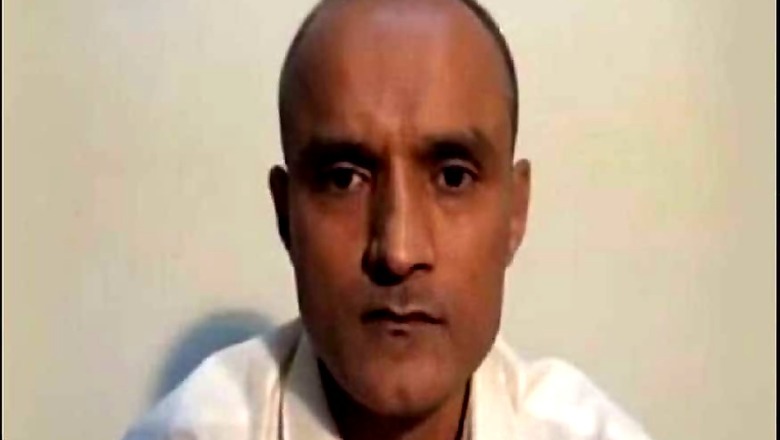
views
The International Court of Justice’s judgment is unique. Unlike the judgments rendered in our domestic courts which never seem to please either of the contesting parties, both India and Pakistan have hailed the ICJ verdict as a massive victory for their respective sides.
But who won? In cricketing parlance, the ‘test match’ ended in an honourable draw for India, after being asked to follow on, which in itself is a creditable achievement.
Kulbhushan Sudhir Jadhav was staring at the gallows. India’s intervention with the ICJ and the recent verdict has saved him from facing the death penalty. Though for the time being only.
In its petition before the ICJ, India sought three broad reliefs:
1. Suspension of Jadhav’s death sentence
2. Annul the decision of the Pakistan Military Court sentencing Jadhav to death
3.'Restitutio in Interregnum’ i.e. send Jadhav back to India
India won on the first point, Pakistan on the third and neither side won on the second issue; hence I say that the contest ended in a ‘draw’.
The ICJ verdict clearly accepts India’s contention that Pakistan was in material breach of the Vienna Convention on rights to consular access to India. It holds that the protection of Article 36 of the Vienna Convention 1963 (consular access) is available even to those accused of espionage.
Pakistan raised several preliminary objections to India’s petition at the ICJ. It accused India of abusing the process of law, abuse of rights and unlawful conduct. The verdict rejects all the aforesaid preliminary objections to hold that not only is India’s petition before the ICJ maintainable, it is also worthy of adjudication.
Worryingly for India (and for Jadhav), the ICJ hasn’t overturned/quashed the kangaroo court verdict of the Pakistan Military Court. In fact, it goes ahead to state that the ICJ cannot test the validity or otherwise of the judgment of the military court since such a judgment is not covered under Article 36 of the Vienna Convention and hence amenable to ICJ’s jurisdiction.
The ICJ says it could adjudicate only those issues that arise out of the Vienna Convention, lack of consular access being one of them, on which it clearly finds fault with Pakistan.
Jadhav was convicted by the Field General Court Martial of Pakistan (military court). The ICJ holds that this judgment is flawed due to non-compliance of Article 36, Para 1 of the Vienna Convention, which mandates consular access. The ICJ’s verdict directs Pakistan to reconsider the judgment in light of Article 36. How and in what manner it chooses to do so, is left entirely to Pakistan’s discretion.
This might turn out to be India’s ‘Achilles Heel’ in this case. Assuming Pakistan complies with Article 36, grants consular access to Jadhav and then reiterates/upholds the judgment of the military court, India may not be in a position to challenge it successfully before the ICJ.
Unless there is a diplomatic deal between India and Pakistan which creates a situation for release of Jadhav, or Jadhav discloses such relevant and crucial information to the Indian authorities during his consular access, it is within the realm of legal possibility for Pakistan to proceed with the execution of the judgment of its military court.
The ICJ has clearly kept its hands off the merits of the judgment of the Pakistan military court despite India's best efforts are citing international law, treaties and covenants.
The ICJ has held that it does not derive its jurisdiction from internal covenants but from the Vienna Convention and, therefore, it has left the door (a very large door at that) ajar for Pakistan to rectify the procedure anomalies especially with regards to consular access and once again attempt to carry out capital punishment for Jadhav.
We can hope for better sense to prevail on our neighbour. But for now, Kulbhushan Jadhav is not in command of his fate.
(Author is a lawyer and advocate on record, Supreme Court of India. Views are personal)




















Comments
0 comment